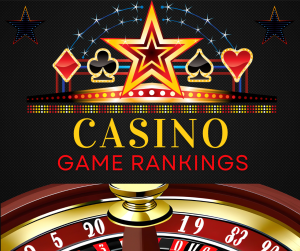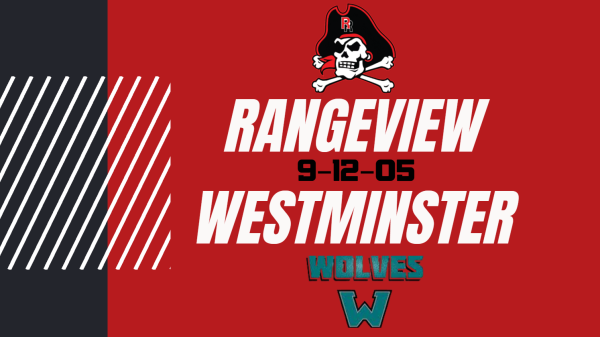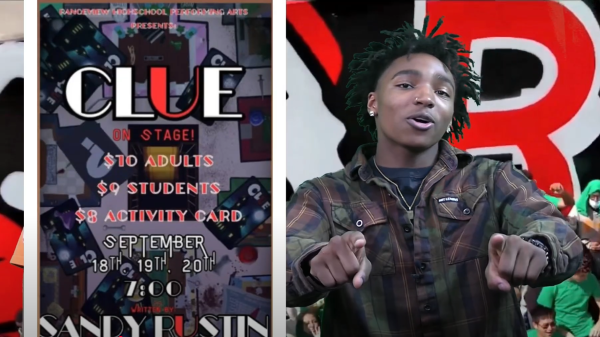Opinion: Cancel Culture Has Become Toxic
Cancel Culture has many sides that follow the social media world, whether some people agree with it or argue how it ruins social media. (Decryptage Citoyen International)
October 8, 2021
World-wide there are many social media platforms, with a variety of elements to them; advertising, influencers, entertainment, and more. Under the title of entertainment, the concept of “cancel culture” has become one of the most controversial topics in the social media world. Cancel culture refers to “cancelling” or giving accountability to those who have said or done something they shouldn’t have. In a way, it’s useful if someone is caught saying a racial slur or acting upon something offensive.
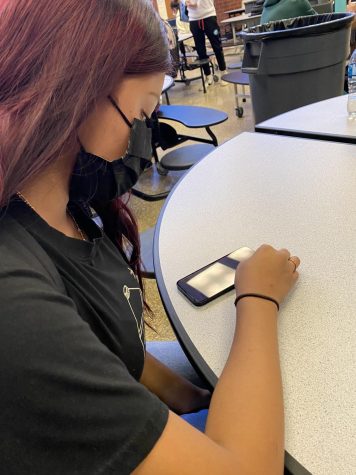
Mainly on the platform of Twitter and TikTok, many users spread information about someone to not necessarily give them recognition or “clout,” but to call out their actions. It lets users know to not interact with that person in any way. However, the number of times this happens to people everyday is concerning.
According to the Pew Research Center, “Among those who say calling out others unjustly punishes them, a similar share (18%) say it’s because people are not taking the context of a person’s post or the intentions behind it into account before confronting that person.”
Half of the time that cancelling someone occurs, that person did not do or say anything offensive or triggering. Most of the time, people find any excuse to call someone out for, especially when they have done nothing wrong. It has gotten to the point where it’s a constant trend, and it’s getting out of hand.
On some occasions, people who “enjoy” cancelling people take advantage of the internet to cause unnecessary trouble with others. But on the other hand, those who don’t deserve a platform because of their past actions aren’t getting enough accountability or punishment.
“Cancel culture is really just people who are soft on the internet and enjoy putting people down for no reason. There’s some people who should be cancelled and have their platform taken away,” said Senior Lucia Flores Ramirez. It’s tough for those who go through this on a daily basis and have to deal with all the drama they were put into.
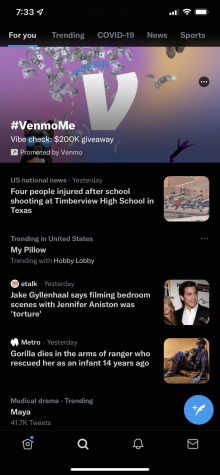
For the past couple years, it’s been an ongoing trend of cancelling people left and right. People get any chance they get to call someone out, whether necessary or for no reason. Now, it’s gotten to the point where cancel culture has reached a level of toxicity. Social media has become such a huge platform for drama and trouble, it’s unhealthy to even be a part of it. Senior Keila Leon said, “It shouldn’t be a thing. It’s good to call some people out when they’ve done something wrong, but it has gotten toxic.”
The overall concept of cancel culture has brought people into debate about how it’s ruining social media and giving negative energy to users. Instead of taking advantage of how cancel culture works, it should be used to draw attention solely on those who deserve to be called out and get punished. The misuse of cancel culture can be dangerous to anyone or anything and the level of toxicity it has reached needs to die down.

